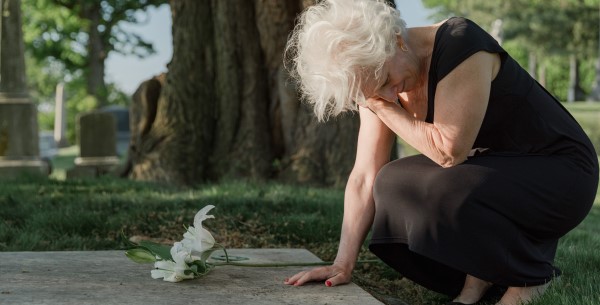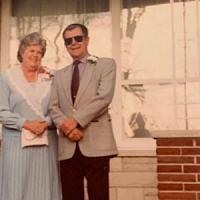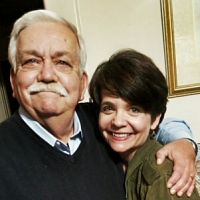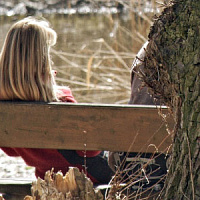Coping with the Loss of a Loved One to a Drug Overdose

Losing a loved one under any circumstances is always devastating, but an abrupt loss of a loved one to a drug overdose can be especially difficult. Whether it was a child, parent, sibling, romantic partner, or friend, many of us have been affected by addiction and drug overdoses. It can be a challenge to process the conflicting emotions and questions that come up after a loss.
Drug abuse and addiction impact every person and family in unique ways. Some people may experience lifelong co-occurring mental disorders and addiction, or a dual diagnosis, that the family is aware of and tries to help with. Others manage to keep their substance use a complete secret from loved ones.
Whatever the case may be, there is still no easy way to prepare for a drug overdose.
The Bereavement Process
The well-known five stages of grief are denial, anger, bargaining, depression, and acceptance. However, grief is different for every person. Some people may only experience one or two of these stages, and others may go back and forth between different stages.
There is no limit to how long it can take to recover from the death of a loved one. Many people describe it as a wave with emotions that burst through at seemingly random moments.
Loss due to drug overdose can bring out some emotions that may not be found with a more natural death, such as guilt or resentment. It is a traumatic way to lose someone, and oftentimes the pain of the loss can lead to unhealthy coping mechanisms. It’s critical to work on processing your grief as well as you can to avoid this.
The initial period after a loss may see varying reactions. Some people may distract themselves with funeral arrangements, sorting the deceased person’s things, or work. Others may find it difficult to handle ordinary daily tasks.
All of these emotional responses are valid, and there are a few key things to focus on that may help you through this process.
Steps Toward Healing
First, don’t ignore the pain. Trying to hold your emotions at bay can actually worsen your long-term mental health. It’s important to give yourself time and space to confront your emotions and work through them in a setting where you feel safe. This could be with another loved one or with the help of a counselor or therapist.
While it may be necessary for you to do some processing on your own, it’s also crucial to talk about how you feel with other people. It’s easy to isolate yourself in grief, but having a small group of people who understand your emotions will help you to feel less alone.
Second, give yourself plenty of time to mourn. The myth that it should take a year at the most to move on is just that - a myth. It can take months or even years to fully cope with a loss, so don’t get frustrated with yourself for needing time.
Next, practice self-care. It may be a challenge to keep up with your mental and physical health after a loss, but grief can wear on the mind and body. Make sure that you’re still eating healthy meals, drinking water, getting enough sleep, and getting in some form of movement or exercise.
Many people experience depression after a loss and may withdraw from loved ones or lose interest in things they once cared about, so it is a good idea to work on rebuilding your life and making some new, happy memories to focus on. It’s recommended to avoid substances during this particularly vulnerable time.
Some therapeutic activities to try may be:
- spending time in nature
- making art
- cooking new meals
- journaling
- meditation
- board games
Finally, keep your loved one alive in your heart and celebrate their memory. Some great ways to do this are by gathering family and friends to share happy memories and stories about your loved one. If they had any traditions or beloved hobbies, you can try to incorporate them into your family gatherings and events.
There is no question that losing a loved one to addiction is painful, but honoring the good times and keeping their memory alive can be healing for everyone involved. Make sure to give yourself plenty of time to mourn, take care of yourself, and connect with your inner circle as much as you can.
This educational article was provided courtesy of Sara Serrano. Sara is a community manager for DetoxRehabs.net, an informational guide that equips people with addiction and their loved ones with information about mental health, substance abuse, and treatment options.



























